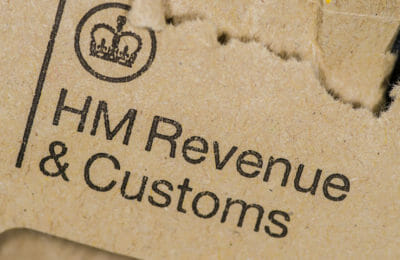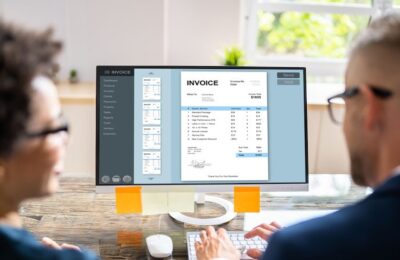If you are an employer, you won’t have welcomed the news that Employer National Insurance is going up to 15% from April 2025. However, in the same Budget, chancellor Rachel Reeves also announced changes to the Employment Allowance. As this can save businesses several thousands of pounds on their National Insurance bill, we explain how the allowance can work to your advantage.
What is the Employment Allowance?
The Employment Allowance is a scheme that allows eligible employers to reduce their National Insurance liability.
During 2024/25, employers were eligible for the scheme only if their total Class 1 National Insurance liability was under £100,000 in the previous tax year. If an employer was eligible, they could claim up to £5,000 Employment Allowance. For example, if a business had a National Insurance liability of £5,700 they’d only need to pay £700. Similarly, if they had an NI liability of under £5,000 they’d pay nothing.
The Autumn 2024 Budget changed the Employment Allowance scheme in two significant ways from April 2025. Firstly, it abolished the £100,000 liability cap. This meant more businesses became eligible. Secondly, it increased the maximum allowance from £5,000 to £10,500.
While the increase will be helpful, particularly to smaller businesses, it’s important to note that there are various eligibility criteria you need to meet before you can claim Employment Allowance.
Employment Allowance eligibility criteria
To qualify for Employment Allowance from 2025/26 you need to be:
- A registered employer
- A business or charity with registered employees
- An organisation with two or more directors who each earn more than the secondary threshold for Class 1 NI contributions (£5,000)
There are also some exclusions that you need to be aware of:
- Public sector bodies are not eligible
- Businesses (but not charities) that carry out more than 50% of their work in the public sector can’t claim
- You can’t claim for off-payroll (IR35) workers
- You can’t claim for people you hire for personal work, such as cleaners, childminders or gardeners (although you can claim for care or support workers)
- Single director limited companies are not eligible
It’s also important to note that freelancers, sole traders and contractors can’t claim Employment Allowance. This is simply because they don’t pay Class 1 National Insurance in the first place.
How to claim the allowance
Claiming Employment Allowance is relatively simple. You can do it as part of your Real Time Information (RTI) payroll submission at any point of the tax year. If you use THP’s outsourced payroll services, we can do this for you. If you don’t, your payroll software will normally have a feature that allows you to claim the allowance. Businesses with fewer than 10 employees can also use HMRC’s free payroll software – Basic PAYE Tools.
Can I claim for previous years?
Yes, you can claim Employment Allowance for previous years. However, you can only backdate any claim to a maximum of four years. You need a separate Employment Payment Summary (EPS) for each year you claim for. HMRC will normally offset the payment against future NI liabilities, but it can also refund the amount if you ask. If you do make historical claims, note that the maximum Employment Allowance has changed in recent years. Between the tax years beginning in 2016 and ending in 2020, you could claim up to £3,000. Between April 2020 and April 2022 the highest amount you could claim was £4,000.
Can you help me claim Employment Allowance?
Yes, absolutely. If you use our payroll outsourcing services, we will claim Employment Allowance for you. If you don’t, but are a THP client, your client manager will be able to advise you on next steps.
About Mark Ingle
Owner-manager business specialist, Mark Ingle is key to building relationships with clients at the Chelmsford office. “I like to see clients enterprises grow and succeed.” Mark explains, “The team here has a lot to offer and I can see a lot of new businesses responding to that.”
Having worked for accountancy practices in London and Essex, Mark has worked with a range of companies varying in size. For Mark, THP stands out for its “local firm approach with the resources of a larger practice.”
Although a keen traveller, Mark is focused on giving his clients at THP the highest service, “Right now, I aim to help the clients we have to the best of my ability which will help me attract more of the right clients in the future.”
Mark’s specialist skills:
- Annual and Management Accounts
- Tax and VAT
- Strategy and Business Planning
- Marketing and Sales
- Business Development












